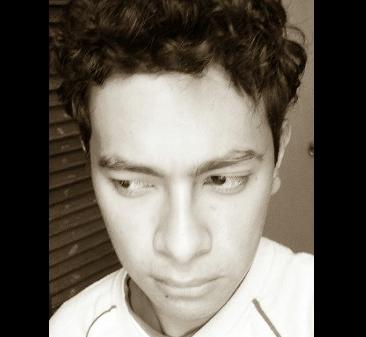Hace tiempo leí un librito sobre unas conferencias que dio Richard Feynman acerca de la relación que hay entre la religión, la política y la ciencia desde su punto de vista, llamado "The Meaning of It All, Thoughts of a Citizen-Scientist" . Está interesante, aunque como fueron dadas en los 60 en la parte política se la pasa hablando de la guerra fría. Me causa mucha curiosidad saber qué pensaría Feynman de lo que está sucediendo en su país en la actualidad y en general sobre la oleada del fanatismo y del terrorismo. Este librito se une a la lista de aquellos que recomiendo a la gente que no ha tenido el mínimo contacto con la ciencia y siente curiosidad por acercarse. Los dejo con dos citas para que se den una idea del tono con el que habla Feynman:
"It is a great adventure to contemplate the universe, beyond man, to contemplate what it would be like without man, as it was in a great part of its long history and as it is in a great majority of places. When this objective view is finally attained, and the mystery and majesty of matter are fully appreciated, to then turn the objective eye back on man viewed as matter, to view life as part of this universal mystery of greatest depth, is to sense an experience which is very rare, and very exciting[...]
Some will tell me that I have just described a religious experience. Very well, you may call it what you will. Then, in that language I would say that the young man's religious experience is of such a kind that he finds the religion of his church inadequate to describe, to encompass that kind of experience. The God of the church isn't big enough."
"No government has the right to decide on the truth of scientific principles, nor to prescribe in any way the character of the questions investigated. Neither may a government determine the aesthetic value of artistic creations, nor limit the forms of literary or artistics expression. Nor should it pronounce on the validity of economic, historic, religious, or philosophical doctrines. Instead it has the duty to its citizens to mantain the freedom, to let those citizens contribute to the further adventure and the development of the human race."
"It is a great adventure to contemplate the universe, beyond man, to contemplate what it would be like without man, as it was in a great part of its long history and as it is in a great majority of places. When this objective view is finally attained, and the mystery and majesty of matter are fully appreciated, to then turn the objective eye back on man viewed as matter, to view life as part of this universal mystery of greatest depth, is to sense an experience which is very rare, and very exciting[...]
Some will tell me that I have just described a religious experience. Very well, you may call it what you will. Then, in that language I would say that the young man's religious experience is of such a kind that he finds the religion of his church inadequate to describe, to encompass that kind of experience. The God of the church isn't big enough."
"No government has the right to decide on the truth of scientific principles, nor to prescribe in any way the character of the questions investigated. Neither may a government determine the aesthetic value of artistic creations, nor limit the forms of literary or artistics expression. Nor should it pronounce on the validity of economic, historic, religious, or philosophical doctrines. Instead it has the duty to its citizens to mantain the freedom, to let those citizens contribute to the further adventure and the development of the human race."


1 comentario:
Concebir el Universo sin la presencia humana, y sin su correspondiente antropocentrismo, hace pensar que las religiones son innecesarias (aunque este tema da para mucho).
Publicar un comentario